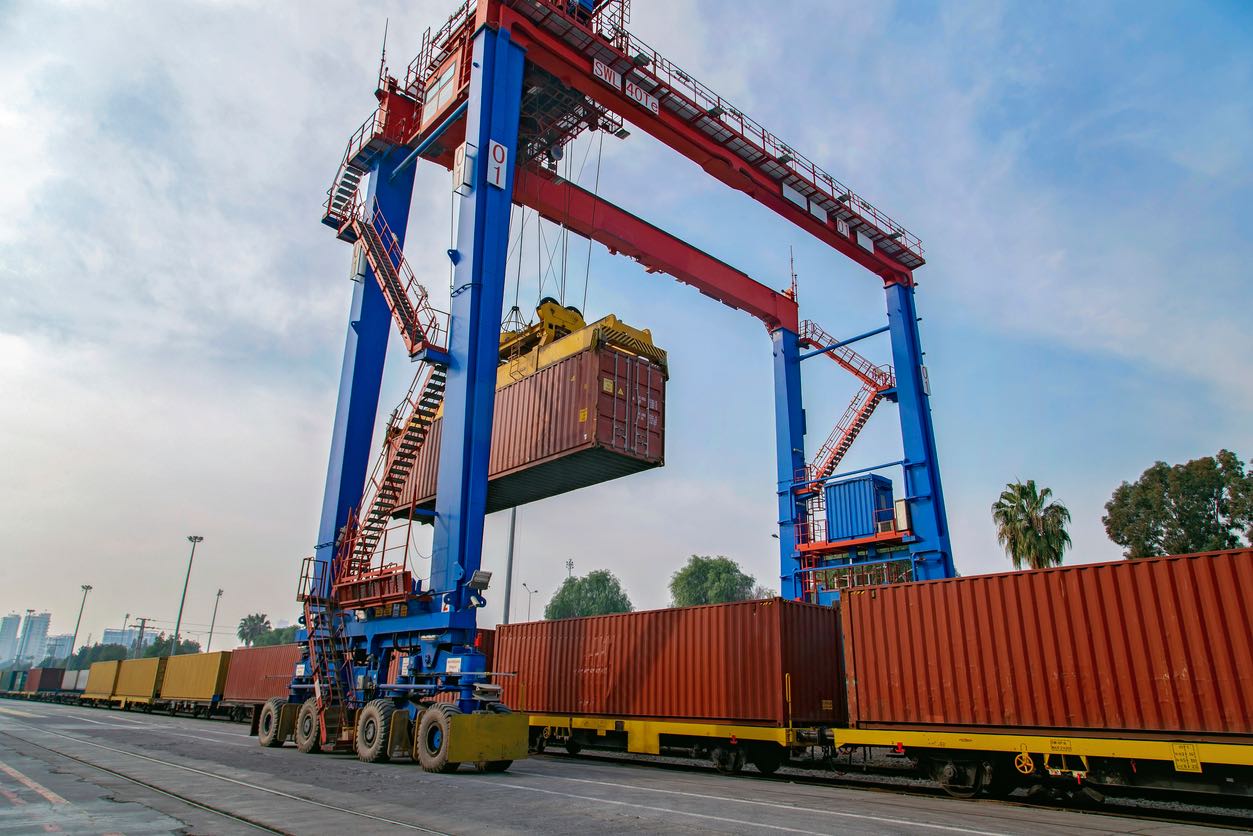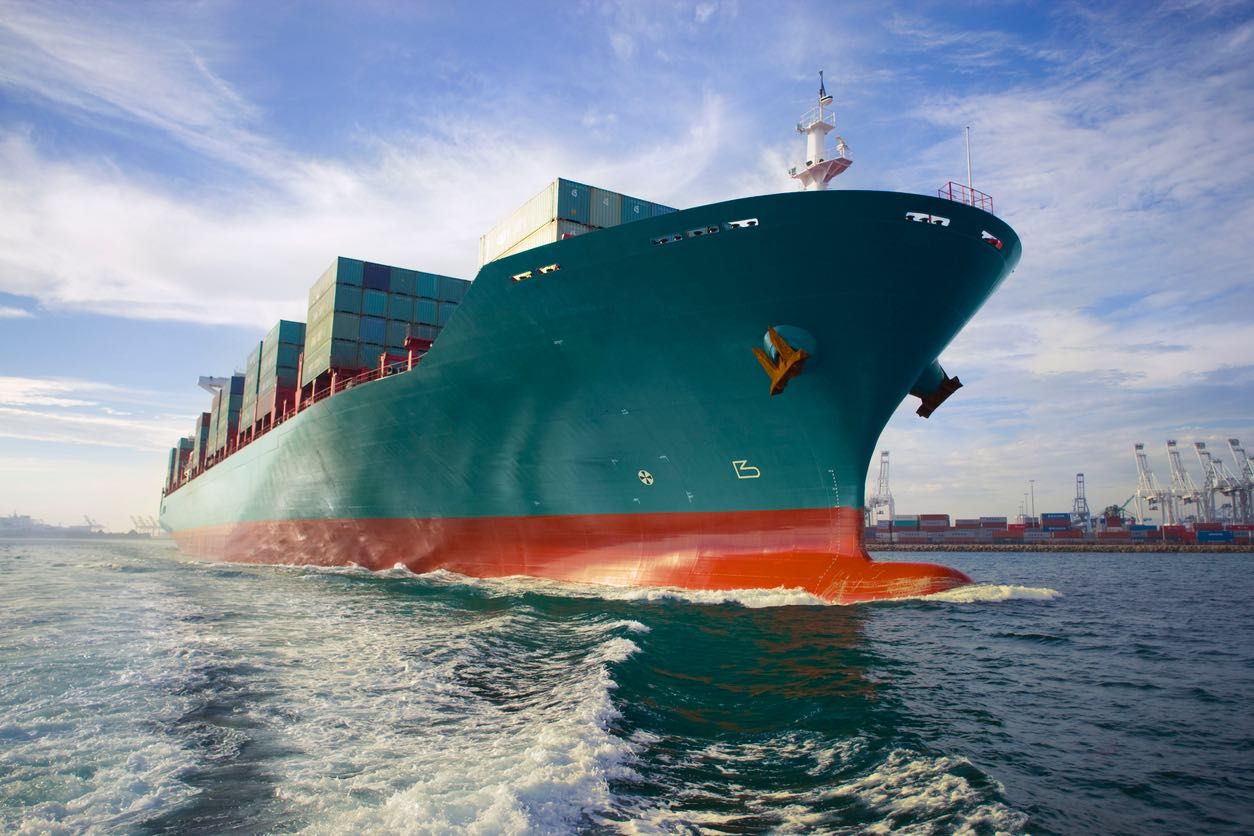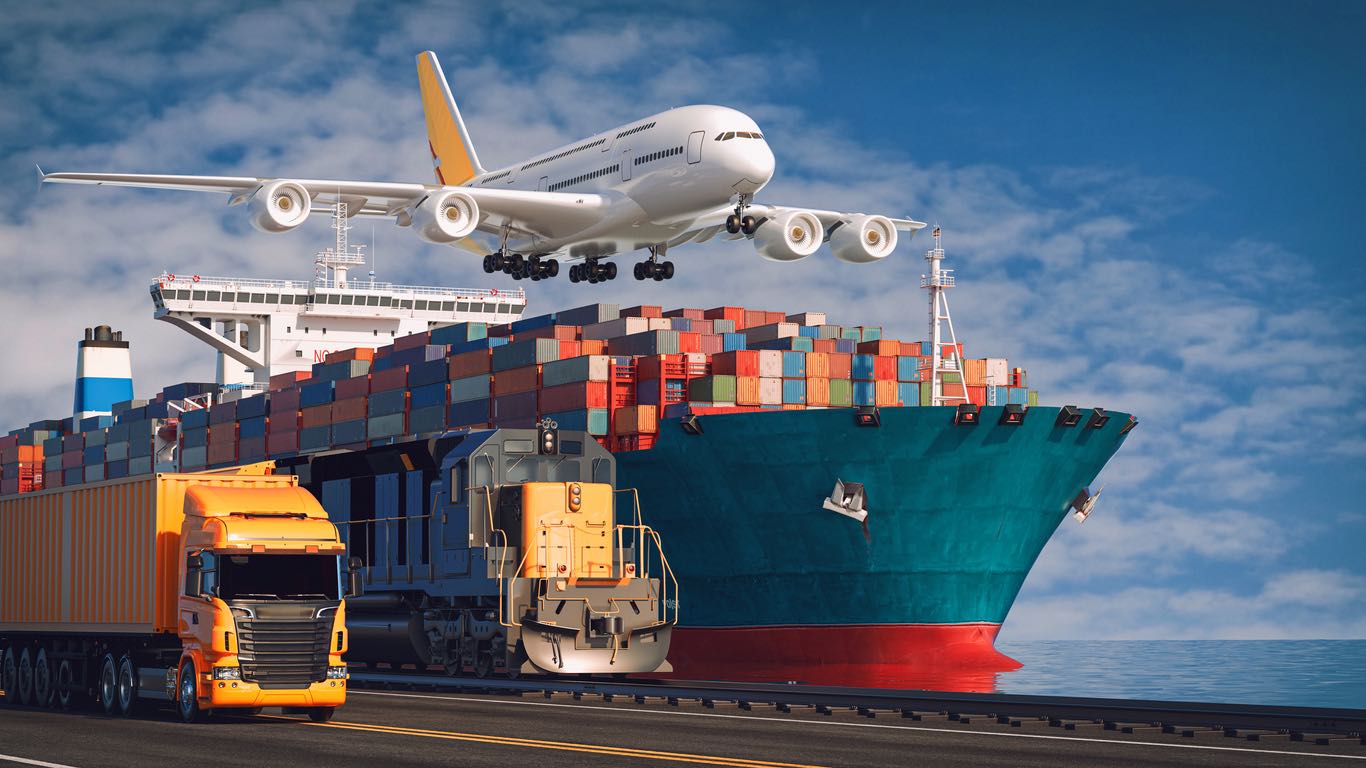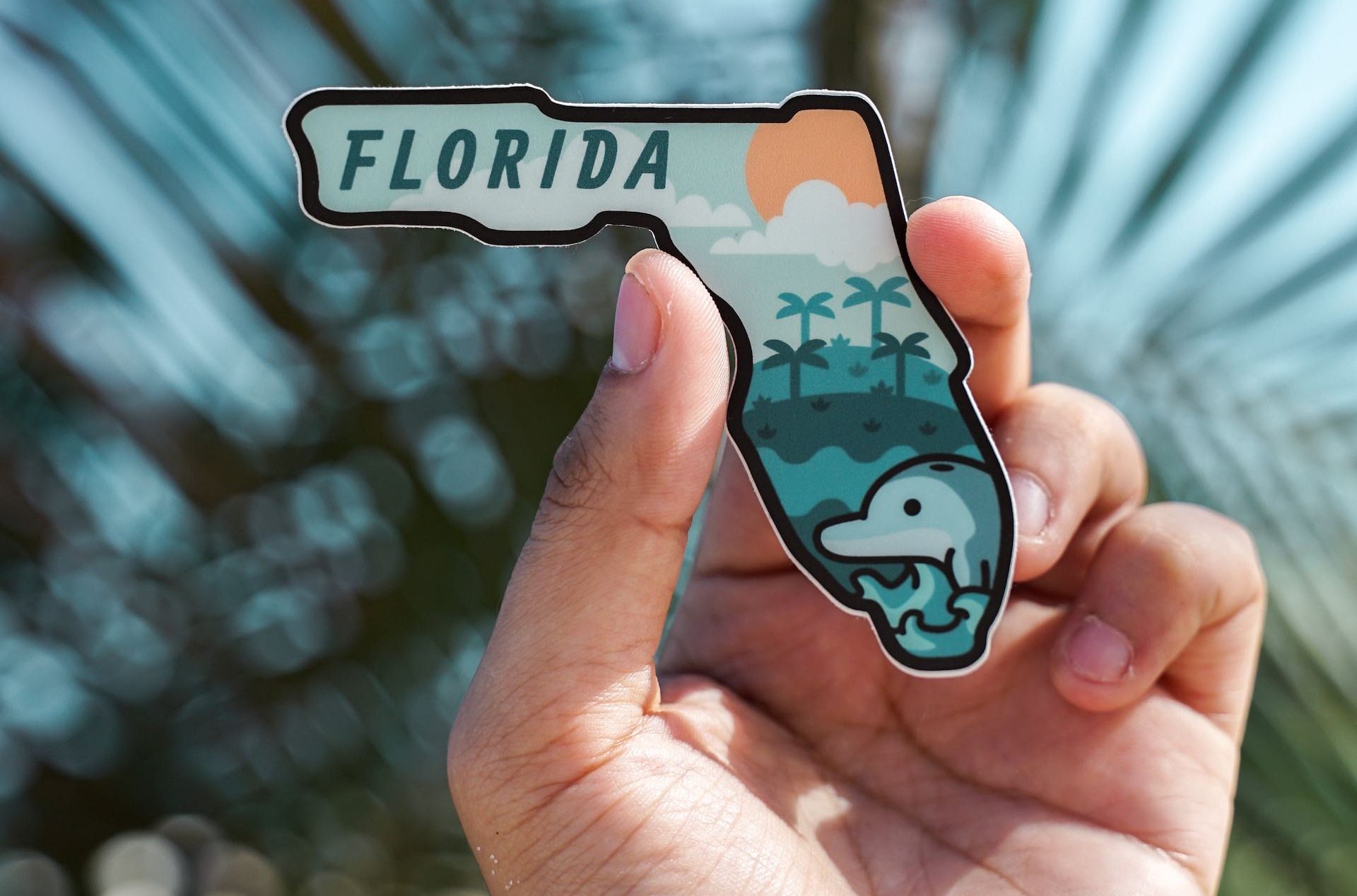The backbone of the US economy is freight transportation, which is essential to keeping trade and commerce moving. In the complex dance of supply chain logistics, the smooth flow of commodities across the country is essential to economic growth and stability as well as a need. This blog article explores the three main modes of freight transportation in the United States: rail, road, and sea. With their distinct yet interwoven functions in the vast fabric of American economy, each of these forms is essential to maintaining the vitality and dynamism of trade.
The road network provides door-to-door service between enterprises and customers, offering unmatched flexibility and immediacy due to its vast reach. Rail transport, on the other hand, applies significant force, transporting huge loads over long distances in an economical and environmentally efficient manner. The vastness of the seas acts as a highway for international trade, allowing the United States to participate in world trade. This examination of the domains of sea, rail, and road freight transport will show how each mode fits into the overall framework of trade in the United States and offer insights into the unique advantages, difficulties, and delicate balance that each mode maintains in driving the country’s economic engine.

Road transport is a vital component of the freight business in the United States because of its exceptional adaptability and flexibility. When it comes to door-to-door delivery, this means of transportation is excellent. This is especially important for companies that need to distribute products directly and on time to their clients. It is essential for domestic trade because of its adaptability in handling a wide range of cargo sizes, from small packages to huge containers. This flexibility guarantees that road transportation remains the first option for companies of all sizes, from small local startups to large national enterprises.
Road freight can present certain difficulties, though. Urban traffic congestion frequently causes lengthy delays, which affects delivery times and raises operating expenses. Weather-related delays, including those brought on by strong storms or harsh winter weather, make road transportation logistics even more difficult. To reduce delays and preserve efficiency, these problems need advanced logistics planning and real-time tracking technology. Despite these obstacles, road freight’s inherent benefits—such as its flexibility and reach—keep it a vital component of the domestic commercial infrastructure in the United States.

A pillar of the American freight system, rail transportation is essential for transporting heavy loads across long distances. This form of transportation has an excellent environmental profile in addition to providing considerable economic benefits because of its cost-effectiveness. Rail transport is a flexible and essential link in the logistics chain because of its effectiveness in handling large commodities including consumer items, industrial resources, and agricultural supplies.
Additionally, rail freight is a sustainable option due to its reduced emissions profile, which is in line with the increasing environmental awareness in corporate operations. One strong argument in favor of the rail network’s strategic inclusion in supply chain solutions is its capacity to move products in a way that lowers greenhouse gas emissions per ton-mile when compared to road transport. Rail freight’s position as a major actor in sustainable transportation of the future is further cemented by this environmental advantage as well as continuous improvements in rail technology and infrastructure.

Maritime shipping, which is essential to global trade, is excellent at managing heavy loads and a variety of cargo kinds. Sea transport offers unparalleled versatility, handling anything from autos and raw commodities to consumer electronics and perishables. In addition to facilitating the mass transit of commodities, this kind of freight is essential to the interconnectedness of the global economy. Strict safety rules and cutting-edge technology support its dependability despite sporadic interruptions. Innovations in marine logistics have greatly improved the efficiency and transparency of sea freight operations. Examples of these innovations include automated port operations and real-time tracking systems.
Moreover, the economic feasibility of maritime transportation is a major draw for enterprises around the globe. Large-scale shipping across great distances is a popular option for international trade due to its unmatched cost-effectiveness. The industry is still changing in response to environmental awareness, with newer boats built with lower emissions and increased fuel economy. This dedication to environmentally friendly methods guarantees that maritime freight transportation will always be a pillar of the world’s supply chain, able to adapt to the changing needs of contemporary trade while still having a wide geographic reach.

Conclusion The foundation of the American economy is the complex web of freight transportation via road, rail and sea. With its own advantages, each mode is essential to the timely and effective transportation of commodities across the nation. This wide range of available transportation choices guarantees that companies may identify the most practical and economical way to satisfy their freight requirements, preserving trade and promoting economic expansion.
Ship A Car, Inc.’s Comprehensive Freight Services With its extensive nationwide freight transportation services, Ship A Car, Inc. distinguishes itself in this competitive market. Thousands of 5-star reviews attest to their reputation for quality, which they have established over a decade of expertise in the field. They provide a variety of alternatives, including road, rail, and sea transport, that are customized to each customer’s unique needs rather of being restricted to just one means of transportation. Because of its adaptability, Ship A Car, Inc. can manage any freight task, no matter how big or little, with the highest level of dependability and efficiency.
Choose Excellence with Ship A Car, Inc. Selecting the appropriate partner is essential for freight transportation. Ship A Car, Inc. is a partner dedicated to your company’s success, not merely a supplier of services. They are prepared to provide you with the finest shipping options thanks to their proven track record of success and staff of knowledgeable freight transport coordinators. Take our word for it, but also witness the difference for yourself. Speak with a coordinator by giving (866) 452-3657 a call to find out why Ship A Car is the greatest option for your freight shipping requirements. Give them the wheel and let them drive your freight to its destination promptly, safely, and effectively.
Q: What exactly does “Freight Transport” mean?
A: The act of transporting things over long distances by land, sea, or air.
Q: How dependable is the transport of goods by Sea?
A: Although it is susceptible to external influences such as weather and geopolitical turmoil, sea transport continues to be a trustworthy option for international shipments despite these challenges.
Q: Is there a difference in reliability between Sea Freight and Other Modes?
A: Despite the fact that it is not the quickest means of transport, it is perfect for high quantities and long distances. Each mode of transport has its own distinct benefits.




